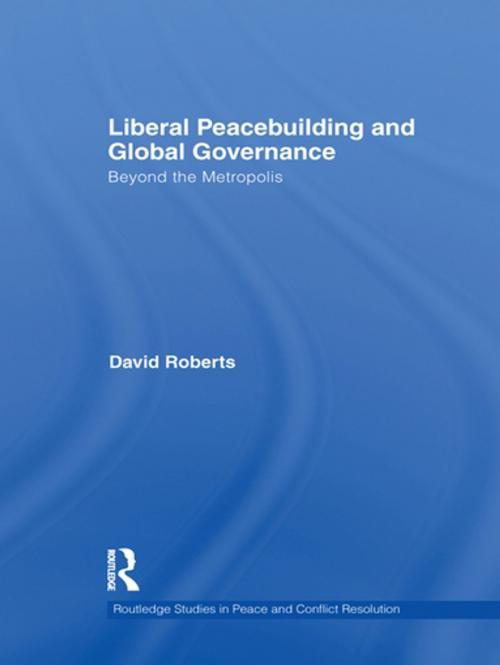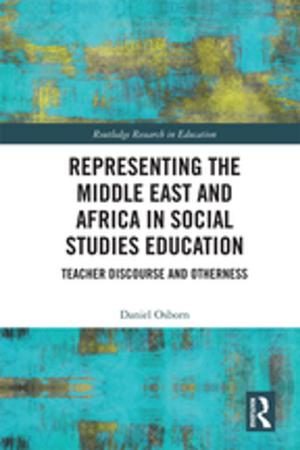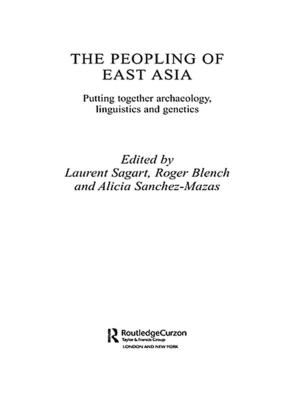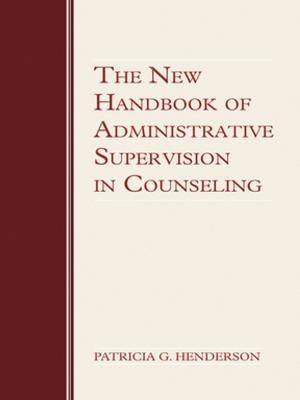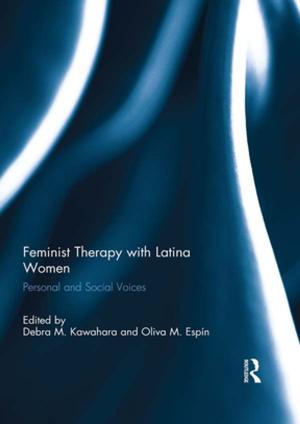Liberal Peacebuilding and Global Governance
Beyond the Metropolis
Nonfiction, Social & Cultural Studies, Political Science, International, International Security, International Relations, History, Military| Author: | David Roberts | ISBN: | 9781136789670 |
| Publisher: | Taylor and Francis | Publication: | March 1, 2011 |
| Imprint: | Routledge | Language: | English |
| Author: | David Roberts |
| ISBN: | 9781136789670 |
| Publisher: | Taylor and Francis |
| Publication: | March 1, 2011 |
| Imprint: | Routledge |
| Language: | English |
This book examines the limits to cosmopolitan liberal peacebuilding caused by its preoccupation with the values and assumptions of neoliberal global governance.
The peace people experience is determined by the processes privileged in peacebuilding. This book is about four things that shape the processes involved. First, it is a critique of orthodox postconflict peacebuilding. It takes the position that the present approach, although seemingly hegemonic, is routinely ignored or manipulated by elites and society and converted into a miasma that to some degree wastes the energies and opportunities involved. Second, it is about alternatives which invoke the kind of peace people might seek in postconflict places if they had more control over the process of peacebuilding, a notion referred to here as ‘popular peace’. It is thus not the kind of critical work that some describe as ‘reflexive anti-liberalism’. Rather, it seeks alternatives that are grounded in the lives of people in postconflict spaces and which also reflect some of the essential values of Liberalism. Third, it is about the role of both informal and formal actors, institutions and practices in the creation of such a peace. For instance, it is concerned with the legitimacy of informal practices that lie beyond Liberal tolerance and which are vital in the pursuit of everyday peace. Fourth, it is about a ‘transversal’ (rather than vertical or hierarchical) relationship of global and local governance in securing a peace that reflects the needs and values of both. In short, this work is a response to the substantial inconsistencies that appear between peacebuilding rhetoric and everyday outcomes in postconflict places.
This book will be of much interest to students of peacebuilding, post-conflict statebuilding, conflict studies, global governance and International Relations in general.
This book examines the limits to cosmopolitan liberal peacebuilding caused by its preoccupation with the values and assumptions of neoliberal global governance.
The peace people experience is determined by the processes privileged in peacebuilding. This book is about four things that shape the processes involved. First, it is a critique of orthodox postconflict peacebuilding. It takes the position that the present approach, although seemingly hegemonic, is routinely ignored or manipulated by elites and society and converted into a miasma that to some degree wastes the energies and opportunities involved. Second, it is about alternatives which invoke the kind of peace people might seek in postconflict places if they had more control over the process of peacebuilding, a notion referred to here as ‘popular peace’. It is thus not the kind of critical work that some describe as ‘reflexive anti-liberalism’. Rather, it seeks alternatives that are grounded in the lives of people in postconflict spaces and which also reflect some of the essential values of Liberalism. Third, it is about the role of both informal and formal actors, institutions and practices in the creation of such a peace. For instance, it is concerned with the legitimacy of informal practices that lie beyond Liberal tolerance and which are vital in the pursuit of everyday peace. Fourth, it is about a ‘transversal’ (rather than vertical or hierarchical) relationship of global and local governance in securing a peace that reflects the needs and values of both. In short, this work is a response to the substantial inconsistencies that appear between peacebuilding rhetoric and everyday outcomes in postconflict places.
This book will be of much interest to students of peacebuilding, post-conflict statebuilding, conflict studies, global governance and International Relations in general.
